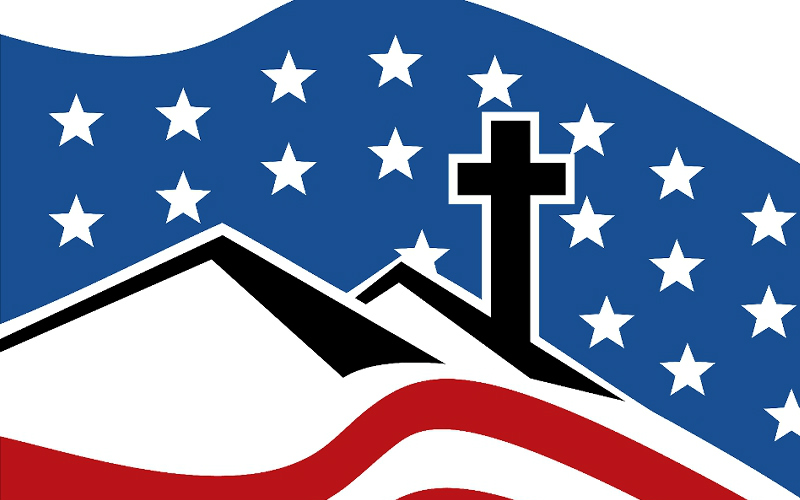Since the 1960's mainline Protestant groups supported abortion and celebrated when the U.S. Supreme Court, in 1973, legalized it for all states.
Mark Tooley of the Institute on Religion & Democracy tells AFN those churches have not fared well after taking that stance for more than a half-century.
“The several Protestant denominations that still affirm unrestricted abortion on demand,” he reports, “are highly diminished, shrinking, don't have young people, don't have moral authority or influence in society.”

In other words, those liberal churches have collapsed in both influence and members when they believed they were being “relevant” to a left-wing culture that promoted abortion rights.
Writing at the IRD blog about the left-wing reaction to the Dobbs ruling, Jefferey Walton points out the presiding bishop of the Episcopal Church said he was "deeply grieved" by the decision.
"Today’s decision institutionalizes inequality," Bishop Michael Curry wrote, "because women with access to resources will be able to exercise their moral judgment in ways that women without the same resources will not.”
"Today the United States Supreme Court decision denied the value and dignity of women to access the fundamental right to the supportive care and services they deserve," read a statement from the General Board of Church and Society, the public policy office of the United Methodist Church.
On the other hand, Protestant denominations that have defended the sanctity of life from conception to natural death have flourished. It is those denominations and churches, Tooley says, that have an opportunity to reaffirm God’s love for and purpose for all human beings.
“Whether unborn or at the end of life, or whether impoverished or crippled, or deemed unimportant by parts of the world,” he says. “But the Church says all human beings are important and sacred.”







